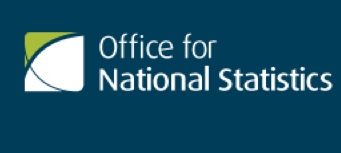The period of deflation experienced in the UK was halted last month, with CPI rising by 0.1% in the year to May 2015, official figures published this morning have shown.
The Office for National Statistics has reported the increase, following a 0.1% fall in the year to April 2015.
It was last month that inflation rate turned negative, dropping from the record CPI low of 0% last month.
This was the first time the CPI has fallen over the year since official records began in 1996 and the first time since 1960 based on comparable historic estimates.
{desktop}{/desktop}{mobile}{/mobile}
For today’s figures, the largest upward contribution to the change came from transport services, notably air fares with the timing of Easter in April a likely factor in the movement, the ONS stated.
There were also significant upward effects from food and motor fuels.
CPIH (not a National Statistic) grew by 0.4% in the year to May 2015, up from 0.2% in April 2015.
Reaction
Ben Brettell, senior economist at Hargreaves Lansdown, said: "We’ve gone from deflation to inflation in the space of a month, but the change is little more than a rounding error.
"The overall economic picture hasn’t materially changed; inflation is being kept low by cheaper fuel and a supermarket price war pushing food costs down, but both these factors are moderating and can be expected to gradually have a lesser impact on CPI.
"Core inflation, which strips out volatile components such as food and energy prices, rose slightly to 0.9%.
"This shows that even accounting for the dramatic fall and partial rebound of the oil price, inflationary pressures in the economy remain weak.
"Consequently there is still little pressure on policymakers to raise interest rates in the short term, with the first rise pencilled in for the first half of next year at the earliest."
Vanessa Owen, LV= head of retirement proposition, said: “The announcement that we remain in a low inflation environment is a mixed bag for those concerned about the cost of living, such as retirees who are often hit hardest by rising inflation. This section of society often spends a significantly higher percentage of their disposable income on bills, such as electricity so the continued fall in the price of utilities will be welcomed.
"However, many retirees rely on the interest paid on their savings to boost their retirement savings and the amount of interest they are receiving is likely to be considerably low. Although inflation is low at the moment it is expected to return to target in the next few years, so it is important that it is taken into consideration when purchasing a retirement income solution."

